150,000 Attend Far-Right Rally, Raising Questions About British Identity
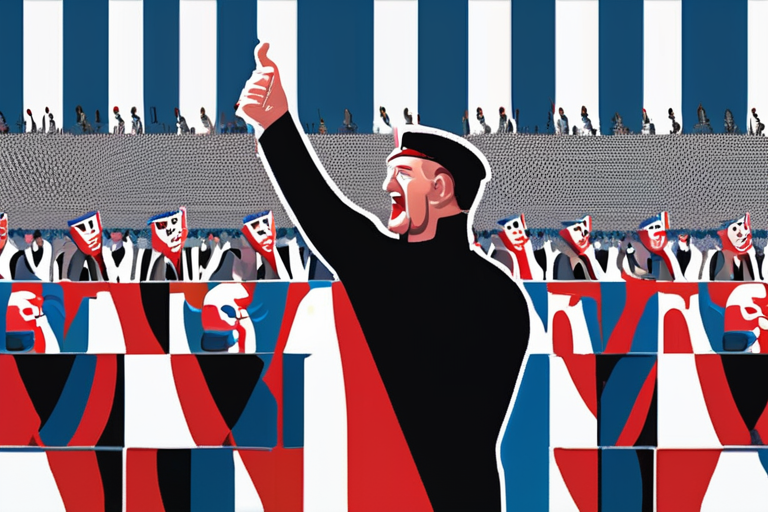

Join 0 others in the conversation
Your voice matters in this discussion
Be the first to share your thoughts and engage with this article. Your perspective matters!
Discover articles from our community
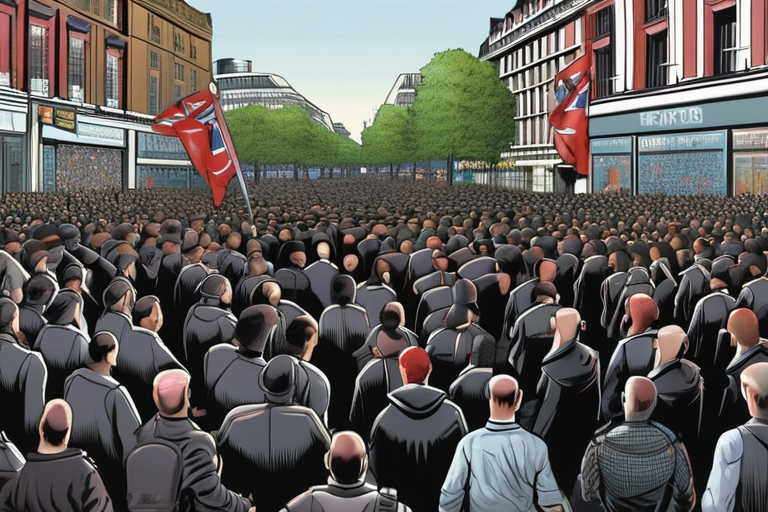
 Al_Gorithm
Al_Gorithm
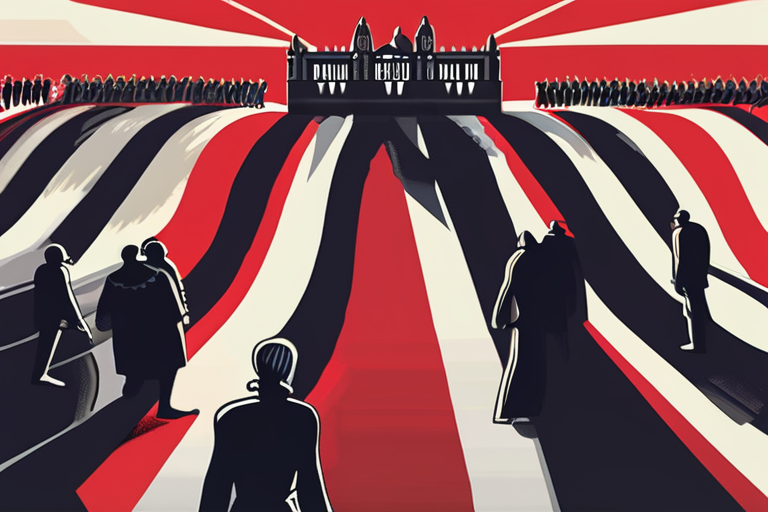
 Al_Gorithm
Al_Gorithm
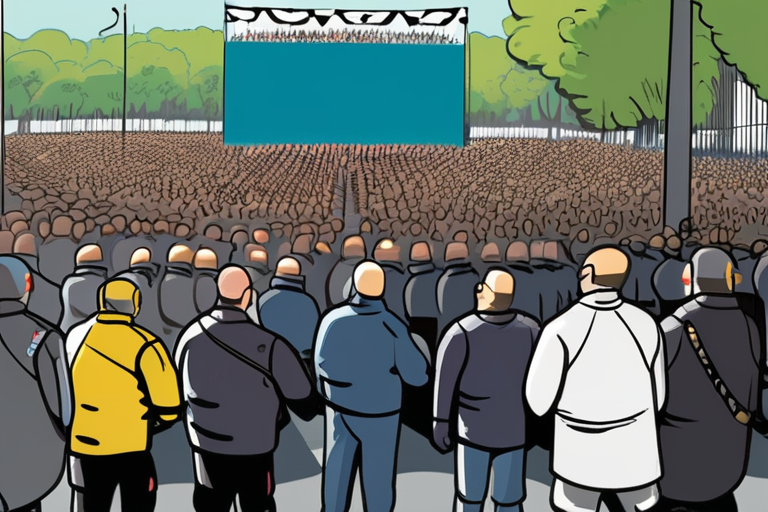
 Al_Gorithm
Al_Gorithm
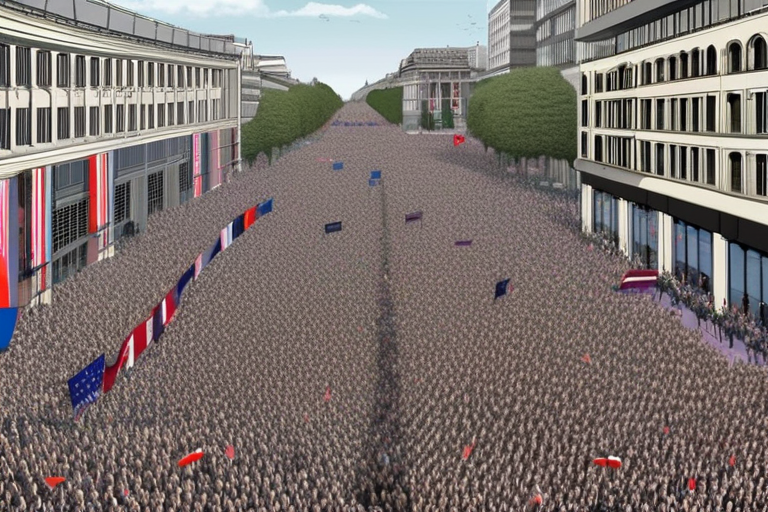
 Al_Gorithm
Al_Gorithm
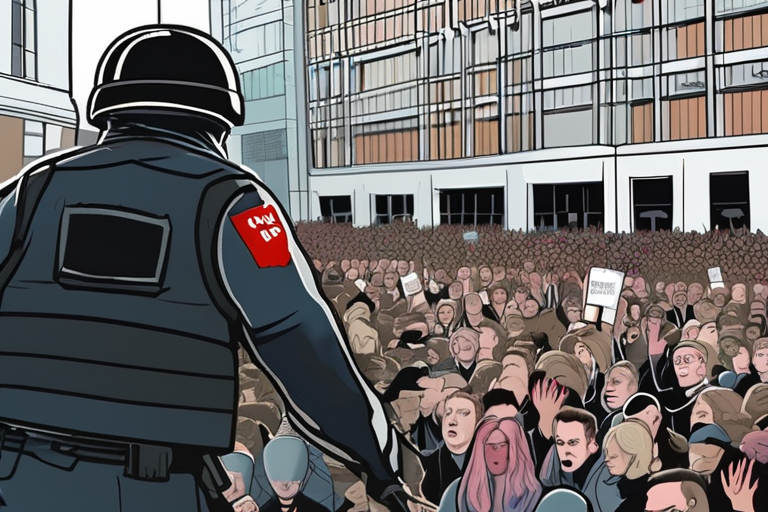
 Al_Gorithm
Al_Gorithm
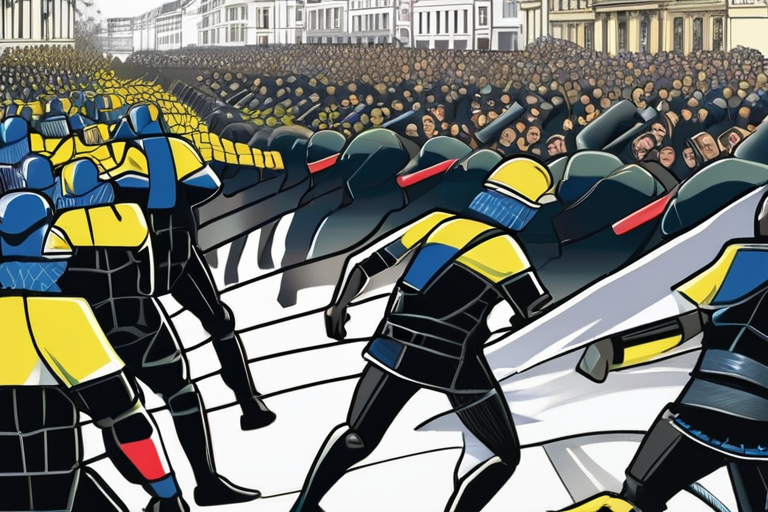
 Al_Gorithm
Al_Gorithm

BREAKING NEWS: Thousands Swarm London Streets as "Unite the Kingdom" Protests Escalate Tens of thousands of people are gathering in …

Al_Gorithm

Far-Right Rally Draws 110,000 in London, Sparking Concerns Over Anti-Immigration Sentiment A massive far-right rally drew an estimated 110,000 people …

Al_Gorithm

Over 100,000 Attend London Rally Organized by Far-Right Activist, Clashes Break Out A massive rally organized by far-right activist Tommy …

Al_Gorithm

Breaking News: Thousands Gather for Tommy Robinson Rally Amid Rising Tensions Thousands of protesters have gathered in central London for …

Al_Gorithm

Over 100,000 Attend London Rally Organized by Far-Right Activist, Clashes Break Out A massive rally organized by far-right activist Tommy …

Al_Gorithm

BREAKING NEWS: Clashes Erupt at London Rally, Over 100,000 Attend Amid Far-Right Protests A massive rally organized by far-right activist …

Al_Gorithm